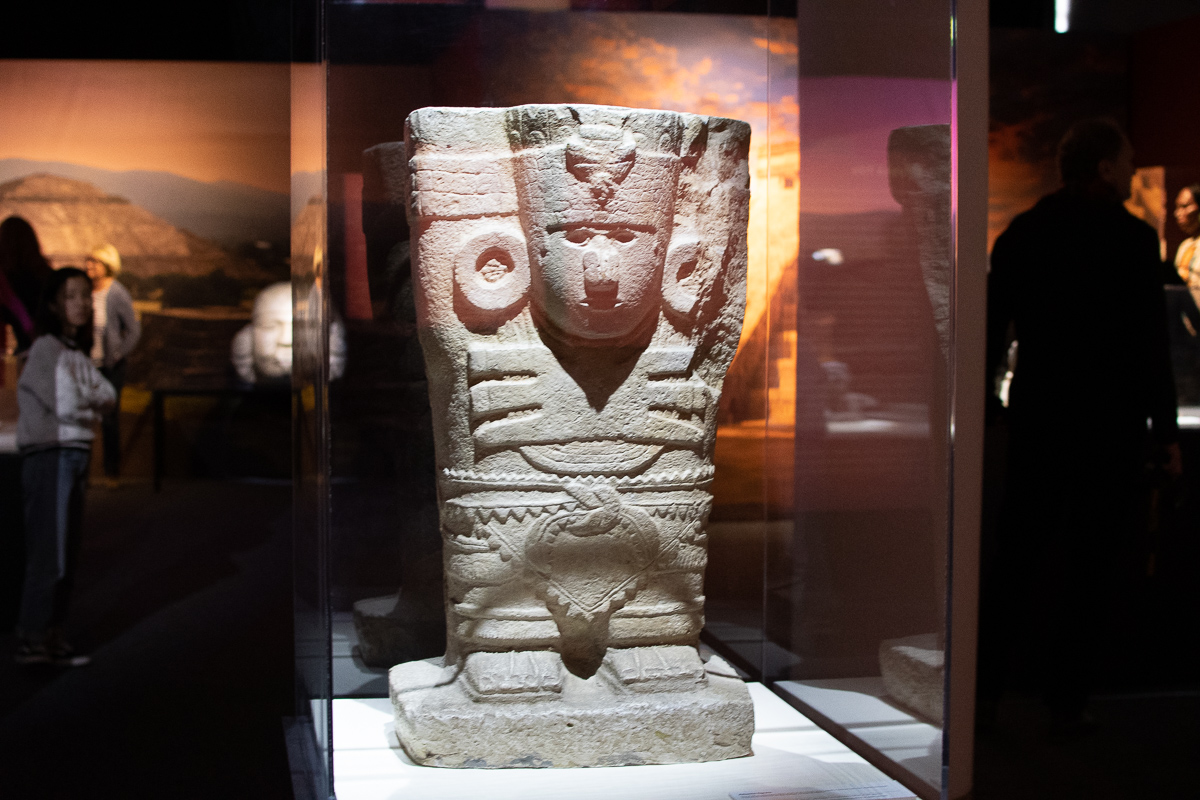On Wednesday and Thursday, Czechs have two days off to remember acts of Saints Cyril and Methodius, and Jan Hus.
July 5
Saints Cyril and Methodius Day is usually celebrated in Slovakia, Czech Republic, Russia, and Bulgaria. The two brothers were born in Thessaloniki of the Byzantine Empire, modern-day Greece. Brought up in a Christian family, the brothers took a mission of spreading religion and education. They came to Great Moravia in 863.
To introduce the Christian principles, they devised a Glagolitic alphabet suited to match the specific features of Slavic languages. New alphabet was derived from the Old Church Slavonic, which still can be heard in liturgy of some Eastern European churches. Their writing is considered a predecessor of Cyrillic which is used by some 300 million people around the world nowadays.
July 6
Next comes the day commemorating death of Jan Hus in 1415. Czech Republic is often mentioned as “the least religious country” in Europe; it might be odd to see a public holiday devoted to one of the most important religious thinkers of the old continent. However, at the time, Church had quiet some power in political matters and Jan was trying to limit that, aligning the Scripture with the Church’s practices, promoting Czech as liturgical language, and restricting the sale of indulgences.
Eventually, he was betrayed by the Catholic Church at infamous Council of Constance (as they took no liking to his doctrine) and Jan was burned at a stake. Yet, his teachings went on represented by ‘Hussites’ – his followers and one of the forerunners of the European Protestant Reformation. So-called Hussite Wars against the Roman Catholic Church ensued his death.
Photo: @BrnoDaily








